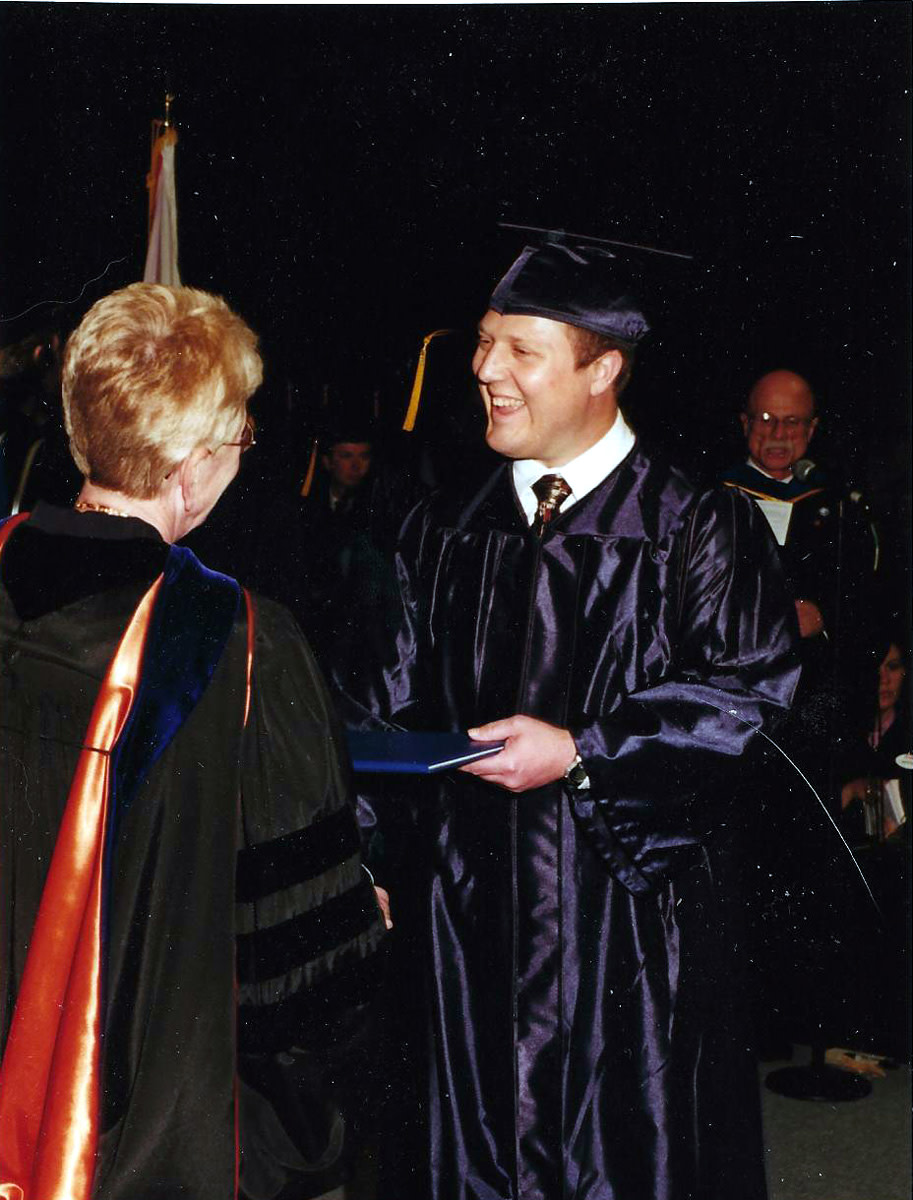Taking a College Summer Course? Five Keys to Success

Signed up for a course in an accelerated semester? Those six to ten weeks will fly by! Here are some tips on how to help yourself succeed in a summer (or otherwise accelerated) semester. Above all, remember that participating in a short off-season semester is a great way to keep your mind working and take advantage of a learning opportunity.
So, without further ado, some tips for success in an accelerated term:
1. Plan Ahead
This is the number one rule for being successful in an accelerated semester. Make sure to plan ahead. Since you do not have the 16 weeks to which you may have become accustomed, it is important that you do not lose a week's worth of work to forgetfulness or poor planning. Here's how:
- Quantify the course syllabus. How many papers do you have to write? How many tests do you have to take? If you have to write three short papers in one six week semester, guess how many weeks that means you have for each paper? Two! That's really not that many if you think about it. Now, break down each paper. How much time do you need for planning, for research, for revision, editing, and proofreading? Figure out all of that stuff ahead of time so the work load doesn't sneak up on you.
- Note test and/or due dates in your calendar on your phone and set reminders. It is always helpful to have a visual aide for the layout of your semester.
2. Structure Your Semester Wisely
Consider what else you must do during the chunk of time you've chosen to take a class. Do you have to go to work? Do you have a concert you want to attend? Do you have a birthday party to go to? Be realistic about the amount of energy it takes to do all of those things and then make sure to leave enough energy to be successful in your class/classes. It is important to recognize that, even if you get off of work at 5, you won't be able to start anything else until at least 6, sometimes later. Remember that you need to eat, bathe, and breathe! Try to work out your summer semester so that you have time to commit yourself adequately to all of your duties.
3. Don't Procrastinate
Why do it today when you can do it tomorrow, right? That is not a good theory to test out during a short college semester. Try not to let the procrastination bug get you. Just get started on your work right away, and do what it takes to make yourself complete it. Put your phone on silent. Log out of facebook. Disconnect your computer from the internet. Go to the library. Find ways to forget that you have other options and just get your work done.
On the same note, if you have the option to turn in work on your own schedule (for example, response papers to a select unit), turn the assignments in ASAP! When you're halfway through the semester (which, remember, is only three weeks in for a six-week term), you'll be very happy you did. Don't drag your feet.
4. Commit Yourself to the Work from Day One
This step goes hand in hand with step one: plan ahead. It's a good idea to get started on your work from day one. As soon as you get the syllabus, figure out what you can do that night and what you can do on other nights of the week. Commit yourself to a realistic amount of work (we know no one reads all of the assigned textbook readings) and get to it.
5. Go to Class
Remember that your instructor for your summer course is doing the same job they do all year long, so the summer or accelerated course they are teaching is not too terribly different from their regular fall and spring semester courses. Why is that important to remember? Because that means that attendance is still just as important to your instructor as it is during the school year, as are the assignments. Rumors abound stating that summer courses are easier, and this is often not true. Yes, instructors realize the impact that the shortened time period can have on the quality of the work and make adjustments to their policies accordingly, but it does not mean they take it less seriously. Your job as the student is to uphold that integrity and also take the course serious. The course is still designed to help students learn in the classroom and through the assignments completed at home. Chances are, you'll get a lot out of attending the class.





